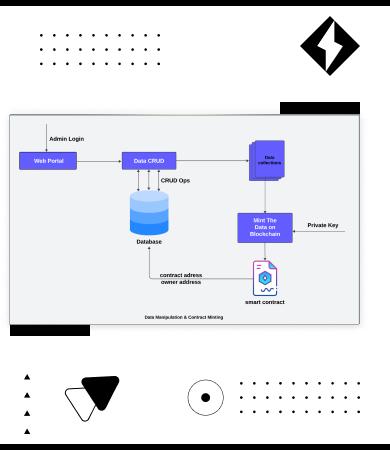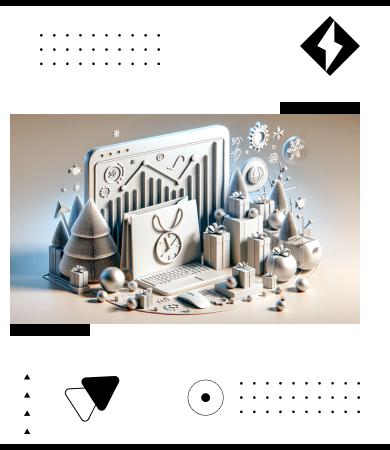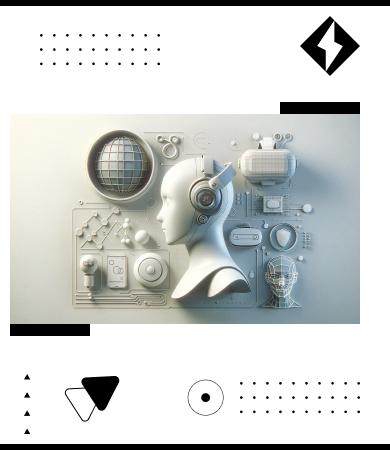Support center +91 97257 89197
MERN STACKDecember 12, 2023
Utilizing GraphQL in MERN Stack: Enhancing API Performance and Flexibility

Introduction
The MERN stack, consisting of MongoDB, Express.js, React.js, and Node.js, is a powerful combination for building efficient web applications. However, the traditional REST API approach often limits performance and flexibility. Enter GraphQL, a query language for APIs that revolutionizes how we fetch data. This blog delves into integrating GraphQL with the MERN stack, highlighting its impact on API performance and flexibility.
Understanding GraphQL and Its Benefits
GraphQL, developed by Facebook, enables clients to request exactly what they need, nothing more, nothing less. Unlike REST, where endpoints return fixed data structures, GraphQL's flexible query language allows for dynamic data retrieval. This flexibility leads to efficient data utilization, reducing bandwidth usage and improving application performance.
The MERN Stack: A Quick Recap
The MERN stack combines MongoDB, a NoSQL database, with Express.js and Node.js for backend operations, and React.js for the frontend. MongoDB offers a scalable database; Express.js simplifies server-side scripting; React.js enhances the user interface; and Node.js provides a robust runtime environment. Together, they create a seamless full-stack development experience.
Integrating GraphQL into the MERN Stack
-
Setting up a GraphQL Server: Begin by creating a Node.js server using Express.js. Integrate
apollo-server-express, a middleware that allows Express to understand GraphQL. -
Creating GraphQL Schemas and Resolvers: Define a schema specifying types, queries, and mutations. Resolvers are functions that handle these queries and mutations, fetching data from MongoDB.
-
Connecting MongoDB with GraphQL: Utilize Mongoose, an ODM (Object Data Modeling) library, to connect and interact with MongoDB. Define models in Mongoose that mirror the GraphQL schema
Enhancing API Performance with GraphQL in MERN
- Efficient Data Fetching: GraphQL minimizes over-fetching by allowing clients to specify exactly what data is needed.
- Real-time Data with Subscriptions: GraphQL subscriptions provide a way to push real-time updates to clients, enhancing user experience.
- Optimizing Queries: With GraphQL, you can aggregate and resolve queries efficiently, reducing server load and response times.
Increasing Flexibility with GraphQL in MERN
- Dynamic Query Capabilities: Clients have the freedom to query data in multiple ways without multiple endpoints.
- API Evolution Without Versioning: Modify your backend without worrying about versioning your API, as GraphQL is inherently flexible.
- Complex Queries and Mutations: GraphQL handles complex queries with ease, enabling more sophisticated data operations.
Best Practices for Using GraphQL in MERN
- Effective Schema Design: Structure your schema to reflect the data's real-world relationships and usage patterns.
- Security Considerations: Implement authentication and authorization, and guard against common security threats like query depth limiting.
- Performance Optimization: Use tools like DataLoader to batch requests and reduce database load.
Case Studies
Examine real-world scenarios where integrating GraphQL with MERN led to significant improvements in performance and flexibility. For instance, a social media app saw a 50% reduction in data load and a 30% faster response time.
Challenges and Considerations
While GraphQL offers numerous benefits, it's not without challenges. Complex queries can become hard to manage, and performance can be an issue if not optimized properly. It's important to understand the trade-offs and when GraphQL is the most beneficial.
Integrating GraphQL into the MERN stack can dramatically enhance API performance and flexibility. While challenges exist, the benefits of efficient data fetching, real-time updates, and dynamic querying make GraphQL a compelling choice for modern web development.
TLDR
Explore the integration of GraphQL into the MERN stack, focusing on how it enhances API performance and flexibility in web development.
FAQs
GraphQL offers efficient data fetching, reduced over-fetching, real-time updates, and dynamic querying capabilities, making it a superior choice for API development in MERN stack applications.
By allowing clients to request exactly what they need, reducing over-fetching, and optimizing queries, GraphQL significantly enhances API performance in MERN stack applications.
Yes, GraphQL can be integrated into existing MERN stack applications by setting up a GraphQL server, defining schemas and resolvers, and connecting to MongoDB.
Challenges include managing complex queries, ensuring security, and optimizing performance, but these can be mitigated with best practices and careful implementation.
Work with us







